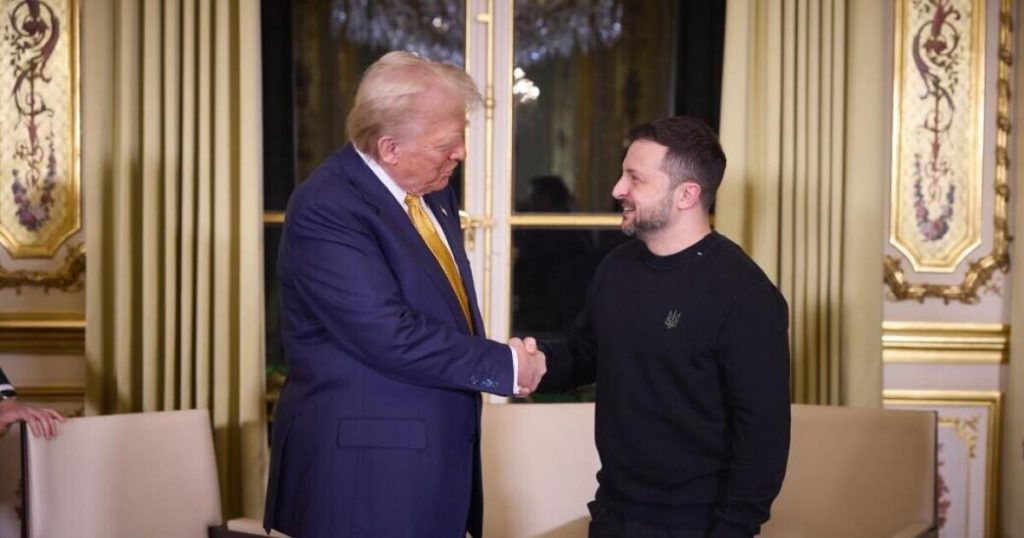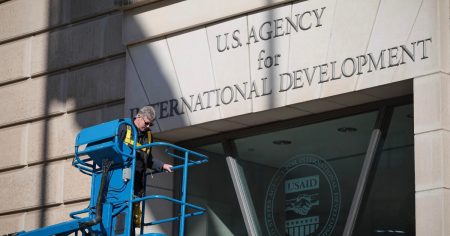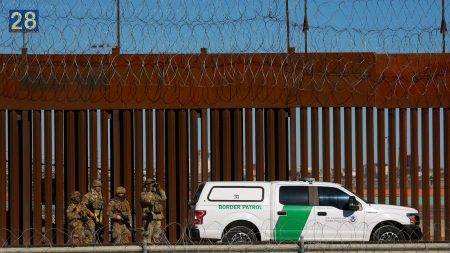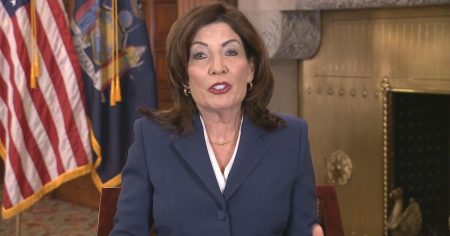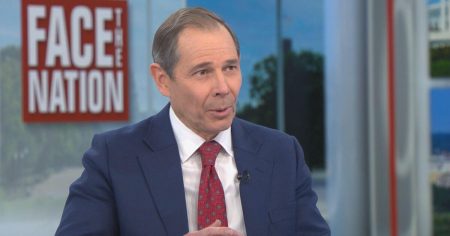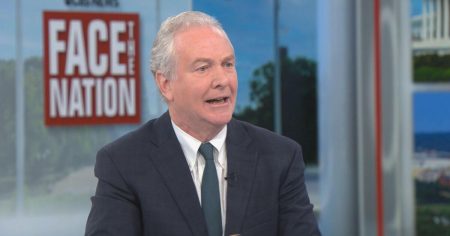Trump’s Attack on Zelenskyy: A Escalation in Rhetoric
In a recent post on Truth Social, former President Donald Trump launched a scathing attack on Ukrainian President Volodymyr Zelenskyy, labeling him a "dictator without elections." This harsh rhetoric not only escalated the public feud between the two leaders but also aligns with narratives promoted by the Kremlin regarding the ongoing war in Ukraine. Trump accused Zelenskyy of deceiving the U.S. into providing billions of dollars in aid, which he claims is being misused. He also asserted that Ukraine would never be able to end the war without U.S. support, specifically mentioning his own role in the conflict. Trump’s statement, however, inaccurately inflated the amount of U.S. assistance to Ukraine, claiming it was $350 billion, when in reality, Congress has approved $175 billion in economic, humanitarian, and military aid since Russia’s invasion in 2022.
The Context of U.S. Aid to Ukraine
Since Russia launched its full-scale invasion of Ukraine in February 2022, the U.S. has provided significant support to Ukraine, totaling $175 billion. This includes $66 billion in security assistance alone. Trump, however, mischaracterized both the amount and the purpose of this aid, suggesting that Zelenskyy has duped the U.S. into providing these resources. Despite Trump’s claims, Ukraine has been a key recipient of international aid, which has been crucial in its ability to resist Russian aggression. Zelenskyy, who was democratically elected in 2019 with an overwhelming 73% of the vote, has been a unifying figure for Ukrainians during the war. Elections scheduled for early 2024 have been postponed due to the ongoing conflict, a decision necessitated by the extraordinary circumstances facing the nation.
Zelenskyy’s Popularity and Leadership
Despite Trump’s allegations, Zelenskyy remains a popular leader in Ukraine. Recent polling shows that 57% of Ukrainians trust him, while 37% do not. Zelenskyy’s leadership during the war has been widely praised both domestically and internationally. His ability to rally support from Western nations has been instrumental in Ukraine’s resistance against Russia. Trump’s personal attacks on Zelenskyy appear to be a response to the Ukrainian leader’s recent criticism. Zelenskyy accused Trump of operating within a "disinformation space" created by Russia, a statement that likely prompted Trump’s fiery rebuttal. The exchange highlights the deepening divide between the two leaders, with significant implications for the ongoing conflict.
Reactions from U.S. Officials
Trump’s criticism of Zelenskyy has sparked a backlash from several Republican lawmakers and officials. Sen. Lisa Murkowski of Alaska expressed strong disagreement with Trump’s characterization of Zelenskyy as a dictator, stating she would "never refer to President Zelenskyy as a dictator." Similarly, Sen. Susan Collins of Maine emphasized that Zelenskyy bears no responsibility for Russia’s invasion, which she called "Putin’s war." Sen. Thom Tillis of North Carolina also pushed back against Trump’s rhetoric, arguing that any suggestion of Ukrainian culpability for the war ignores the fact that Russia’s invasion was unprovoked and based on false pretenses. Mike Pence, Trump’s former vice president, also weighed in, sharing a article from February 2022 that documented Russia’s invasion and stating unequivocally, "Ukraine did not ‘start’ this war."
The Ongoing Conflict and Peace Efforts
The war in Ukraine remains a critical issue on the global stage, with ongoing efforts to find a resolution. U.S. and Russian officials recently met in Saudi Arabia to discuss potential pathways to peace, though Ukrainian representatives were not included in the talks. This exclusion has raised concerns about the potential marginalization of Ukraine’s interests in any negotiated settlement. Putin, who launched the invasion under the false pretext of combating "neo-Nazis" in Ukraine, continues to escalate his rhetoric and actions. The international community remains divided on how to address the conflict, with some advocating for continued military support to Ukraine and others pushing for diplomatic engagement with Russia.
Conclusion: The Broader Implications of Trump’s Rhetoric
Trump’s attacks on Zelenskyy reflect a broader political and ideological divide, both within the U.S. and on the international stage. By echoing Kremlin narratives and questioning Ukraine’s leadership, Trump’s rhetoric risks undermining the bipartisan consensus in the U.S. that has supported Ukraine’s resistance against Russian aggression. Zelenskyy, meanwhile, continues to lead Ukraine with a focus on defending his nation’s sovereignty and territorial integrity. The ongoing feud between Trump and Zelenskyy underscores the challenges of maintaining a unified Western response to the war in Ukraine, as well as the dangers of disinformation and rhetoric in shaping public perceptions of the conflict. As the war drags on, the role of global leaders in both exacerbating and resolving the crisis will remain a critical point of focus.





